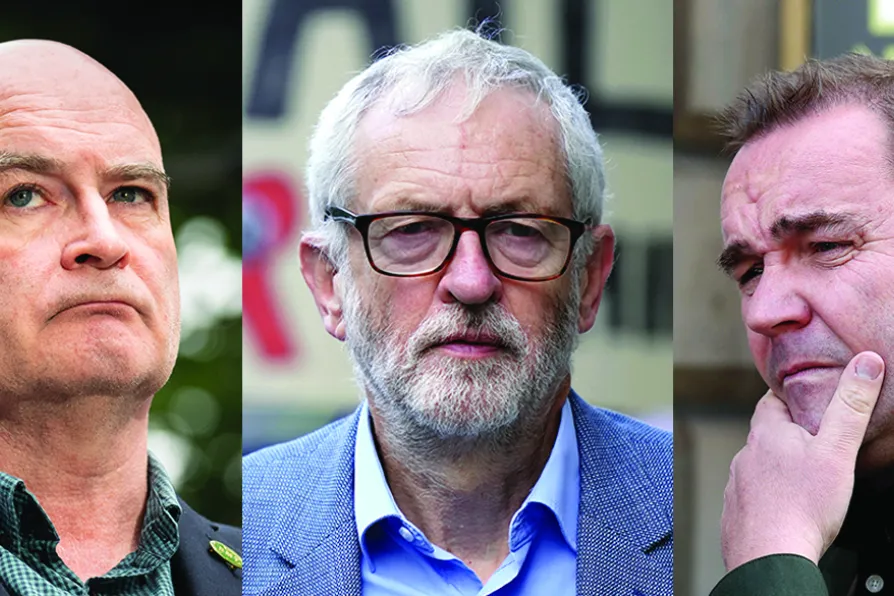New releases from Bill Callahan, The Delines, and Beck

 WISH-FOR PANEL: Mick Lynch, Jeremy Corbyn, Neil Findlay?
WISH-FOR PANEL: Mick Lynch, Jeremy Corbyn, Neil Findlay?
THE Edinburgh International Book Festival is a “prestige” event. The atmosphere is relaxed, the tickets are expensive and heaven help those who don’t have a VIP pass.
A group of literary agents gave a talk, justifying their indispensable role in getting published (they need to establish your brand, apparently) and when they took a poll two thirds of the audience were looking for an agent.
But there was no way you could get into that tent, and the friendliness was a charade.

At the very moment Britain faces poverty, housing and climate crises requiring radical solutions, the liberal press promotes ideologically narrow books while marginalising authors who offer the most accurate understanding of change, writes IAN SINCLAIR

ANGUS REID calls for artists and curators to play their part with political and historical responsibility











